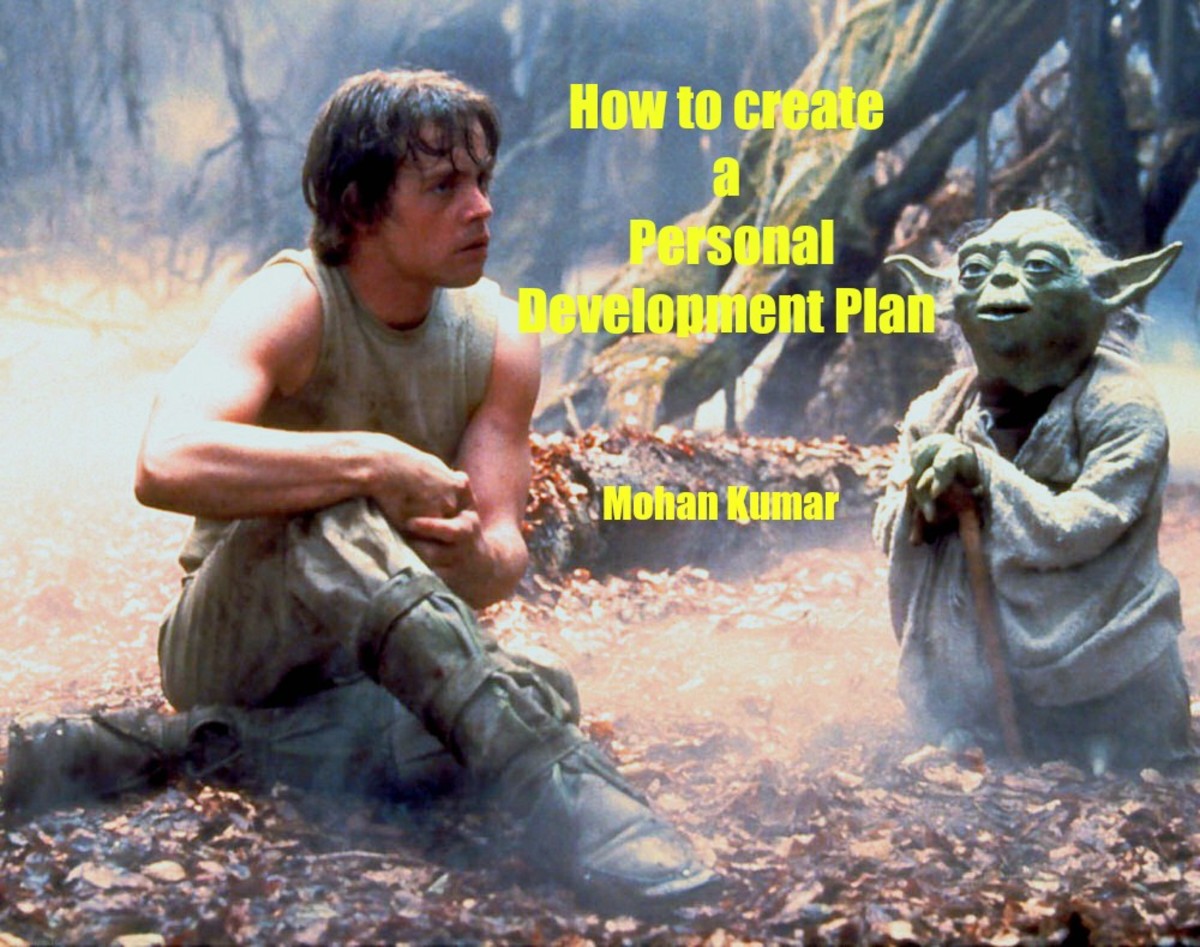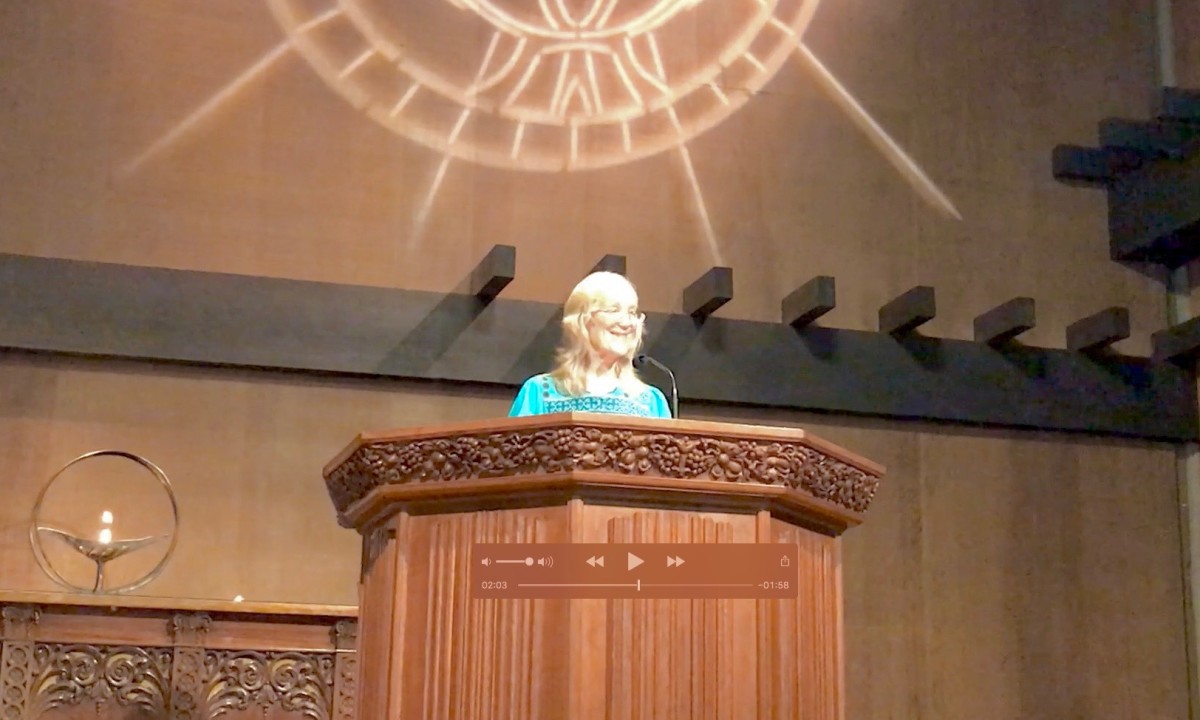Coaching in a nutshell and why it’s the management style to add value to your organisation

Your organisation needs it - coaching
What is coaching?
This is a very important question because coaching as a discipline is a skill that most people don’t really understand and therefore they are denied the benefit of using this all important skill that is indispensible in maximising potential. Most people confuse coaching with other generic tools for improving the human potential, like counselling. Coaching is not counselling or mentoring. However, it is possible to find common skills that are shared in common in these disciplines
What then is coaching? According to Wikipedia:
Coaching, with a professional coach, is the practice of supporting an individual, referred to as a coachee or client, through the process of achieving a specific personal or professional result
.The above definition is not very clear cut; perhaps this definition by John Whitmore, author of Coaching for Performance will suffice:
Coaching is unlocking a person’s potential to maximise their own performance. It Is helping them to learn rather than teaching them.
The Gap between potential and performance
Who is it that requires coaching? Well, my answer is anyone who desires to make progress in his or her to increase thrie potential in whatever endeavour that they ae involved in. It could be in the area of work or personal development. The whole essence of increasing our potential is that we desire to grow and contribute in meaningful ways. The word meaningful ways has to do with the contribution we want to make in terms of investment to our personal lives or that of the organisation which we belong to. However,there is always a deficit between where we are and where we want to be or the sacrifice we need to make in terms of who we are, who we wanr to become and the experience we want to have. To me this deficit is the gap between our potential and performance. How can you fill this gap? Well this is a very bold question. It is a bold question because it challenges the fact that we need to devise the strategy and practice to move forward as to fill this gap. It involves risk taking and change in the way we do things. This is the culture in our organisation or personally speaking our norm.
For the purpose of this discussion, filling this this gap would require us to think in new levels. And this gives us the impetus to become more effective in our thinking. For most people this is not a viable option as developing thinking is not easy. Hence they choose to remain in the land of their comfort – without challenge, disturbance and progressive action. The result is rot and decay; lack of growth.
The other way is to challenge our selves- to challenge our present belief systems – and seek help. On way is to go the way of self development or to seek the help of those that have been through this journey before us; a coach. The choice is entirely yours!
The impact of coaching in your organisation
In your organisation have you adopted the services of a coach in recent times? Coaching as a leadership management style can increase your bottom line. Well you will tell me it is expensive. You are right but you can as well choose ignorance. The contention here is not to reason to the fact that employing coaching principles in your organisation as a way to increase the value you create is expensive or not. What should be uppermost is to ask a more rewarding question so as to gain maximum benefit of why you need to adopt coaching as a management tool. Adopting coaching principles within your organisation will create an environment where effective thinking relevant to your work is fostered. Moreover, coaching has been known to improve performance, learning and enjoyment in outcome within business setting.
In this gloomy, global economic environment where organisations are cash strapped, coaching could be a way for them to increase their market value. This will require them to look within to see where they can improve what they do by changing the way they think in terms of their performance objectives.
Conclusion
If you need to unlock the performance of people in your organisation you need to intentionally adopt coaching principles as well as taking practical actions to implement them as to improve performance. Coaching as a leadership management style will enable you to bring effective thinking as a change agent within your organisation. This will ultimately impact your performance and hence yor bottom line. The choice is yours!
© B S C UGOJI 2011






